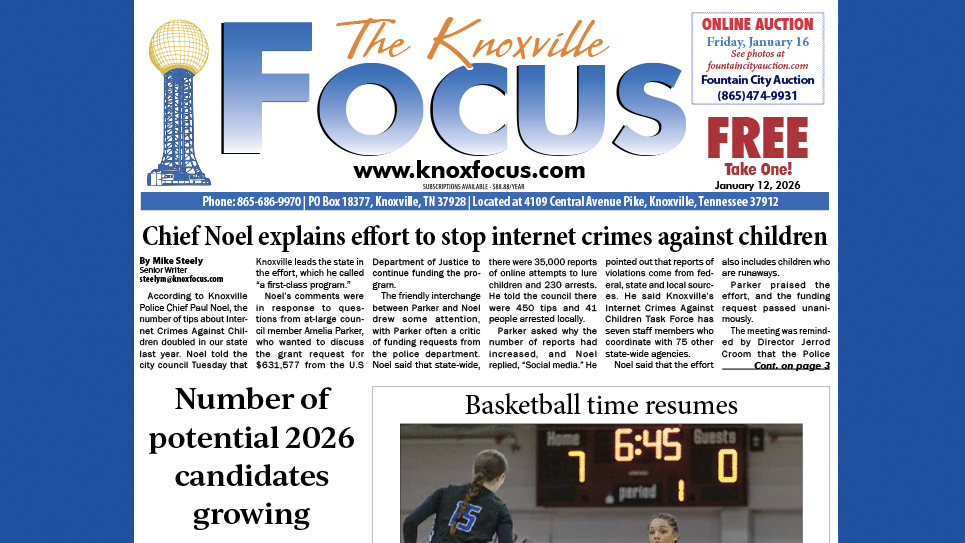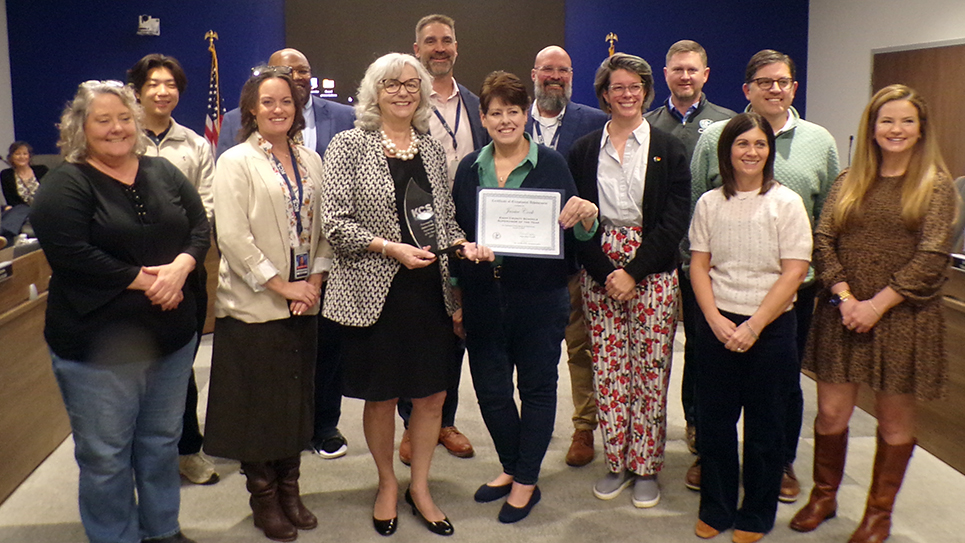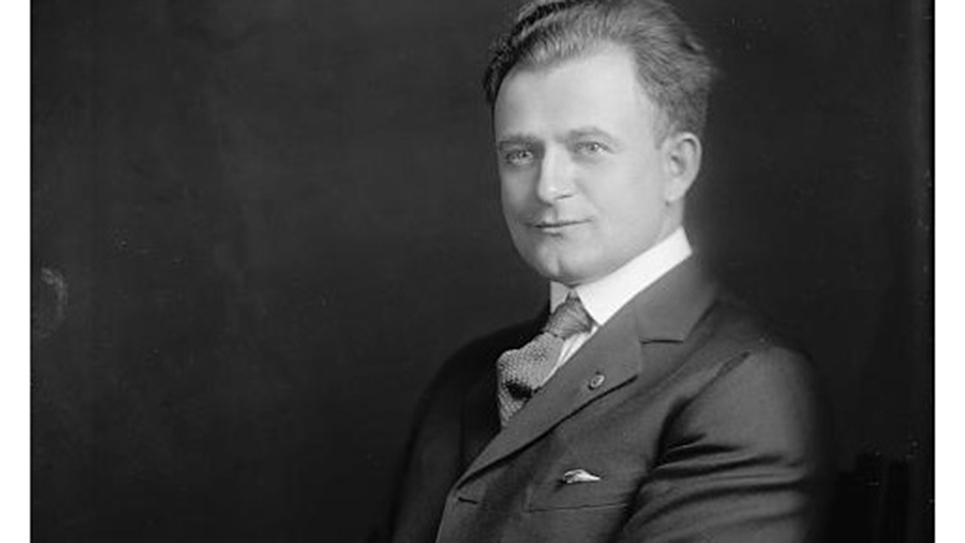By Dr. Jim Ferguson
There is a proverb which says, “familiarity breeds contempt.” The notion is the more you get to know someone, the more likely you are to see their shortcomings. I disagree with this old saw. I believe the more you know about someone or something, the greater your understanding and appreciation, even if you disagree with them. But then, being a “classical liberal” like the Founders of our country rather than the so-called modern liberals, I am tolerant of a diversity of thought.
One of my Fergisms goes, “Words are the tools we use to express our thoughts.” Aside from body language, it’s all we have. Actually, it’s fortunate that we can’t read each other’s minds. If we could it would be deafening, and probably dangerous for me.
As an amateur wordsmith, I covet word-tools which help convey my thoughts. And I feel fortunate to “know” English, my native tongue and the lingua franca of the world. I’ve observed the difficulties my Burundi friends encountered learning English, especially idioms, metaphors and homonyms. As an early academic underachiever, my grade school English teachers would assuredly attest to their difficulties with me. However, something must have stuck because my curiosity and zeal to learn and master even the nuances of grammar continues.
We are a part of Western Civilization whose foundation is a Judeo-Christian ethical system. We speak English which has more words and more diversity than any other language. We can trace the concept of democracy and even the word democracy to ancient Greece. It derives from the people (demos) rule (cracy).
Interestingly, when ancient Greek speaking people encountered others with languages they didn’t understand, they referred to these non-Greeks as barbarians. These foreign languages sounded like “ba-ba-ba” to the Greeks and this became the root of the word barbarian. The term was adopted by the Romans to describe anyone who was not a Roman, just as Hebrews referred to non Jewish people as “gentiles.”
After high school, my formal education was science based and continues in medicine, biology and physics. However, my informal education also continues in English, history and literature. I’ll admit I never appreciated classical books, poetry and the crafting of words until my forties. Though I’ve always appreciated history, art and music, especially classical music, even though my “roots” are the 60s!
Recently, I was challenged to read Shakespeare’s tragedy, “Othello, the Moor of Venice” for my egghead book club. I would not have selected this play/book for many reasons; one reason is I find Elizabethan English difficult. Language changes over time and it has been four hundred years since the Bard penned his classic tragedy. I persevered and now I have a greater appreciation for this play and its nuances. If you’re reluctant to read the play, there’s a wonderful 1995 movie starring Laurence Fishburne, more recognized as Morpheus in The Matrix movies. Like the 1990 movie of Shakespeare’s tragedy Hamlet with Mel Gibson, both are true to the storyline and dialogue.
I am not a Shakespearian expert, though I have stayed in a Holiday Inn Express. Interestingly, I learned that Shakespeare’s contribution to our language is second only to the Bible’s. Therefore, the verbiage in the Bard’s thirty-seven plays and one hundred and fifty sonnets are worthy of consideration. And as I read and considered “Othello,” I even found relevance to our current American crisis of thought, culture and politics.
A tragedy is defined as a calamity or a serious drama describing a conflict between the protagonist and a superior force resulting in disaster which elicits pity or terror (Webster). The ancient Greeks were famous for their tragedies. Attendance was required of Greek citizens to watch and learn from the mistakes and virtues of the characters.
Perhaps better known Shakespearian tragedies are “Hamlet,” where “something is rotten in Denmark,” and “Romeo and Juliet,” who die in each others arms as a result of their family’s hatred inspired feud.
Othello is the protagonist in the namesake play. He is a revered Venetian general who is considered less worthy because he is black. He loves the beautiful and grace-filled Desdemona, but he is driven to insanity by Iago, arguably the most evil character in literature. Iago’s devilish nature is driven by his hatred of Othello, and Iago manipulates the general to believe his beloved wife, Desdemona is unfaithful. The general suffers from what has been termed the Othello syndrome, the delusion of infidelity. Othello finally kills his wife and then himself when he learns he was duped and she was not unfaithful. Hatred causes the destruction of them all, and as the play ends the evil Iago is led off to be tortured to death for his crimes.
As I read the play I imagined myself a Greek citizen trying to learn the lessons of life. Unfortunately, I could not help but identify modern day players among characters in the play. I could see Iago’s destructive malevolence in Adam Schiff’s hatred of his own general, President Donald Trump. Many characters are fooled by the villainous Iago just as Schiff’s lies fool many Americans. And like Desdemona, the lovely and grace-filled Melania remains supportive of her husband and our country despite being reviled by the odious “Maud” Behar. Fortunately, our general, Trump, has not succumbed to the lies and slander of Schiff and the scurrilous denizens of Washington’s deep state.
I’ll close with another Fergism and some medicine for the soul: “If you don’t stretch your horizons, they will eventually close in on you.” The physics of entropy are active everywhere in the universe.
Perhaps this is better said by the poet Edna St. Vincent Millay:
The world stands out on either side,
No wider than the heart is wide;
Above the world is stretched the sky,
No higher that the soul is high.
The soul can split the sky in two,
And let the face of God shine through.
[Yet] he whose soul is flat – the sky
Will cave in on him by and by.
Don’t let it happen! Push back the darkness.






